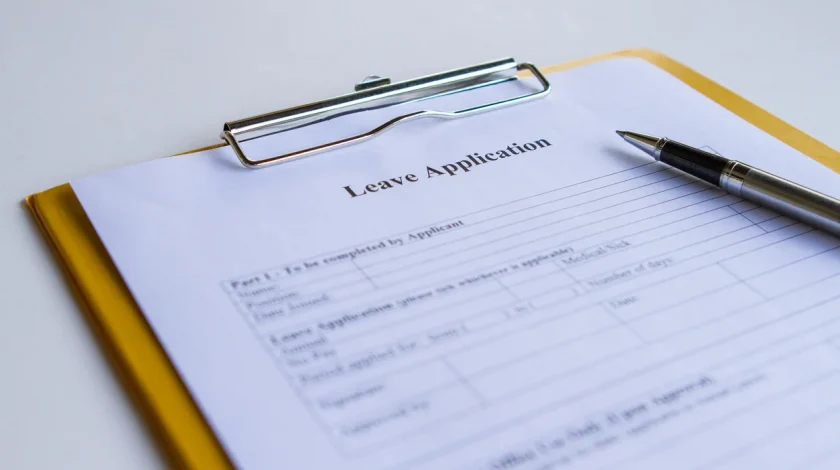It should go without saying that employees should apply for leave and have it approved by their employer before booking any flights, accommodation, tours or activities. But what happens if an employee applies for leave after they’ve booked, or disregard your leave rejection and take time off anyway? Businesses have policies outlining what an employee needs to do before they take that overseas trip, have a day off for some RnR, or can also specify periods where leave will not be granted, such as Christmas and around the New Year.
In Innes v Central Milk Supplies [2019], the Fair Work Commission (FWC) found the employer was justified in terminating an employees’ employment because he knew about the company’s prohibited leave periods, and could have made alternate arrangements but chose to ignore the policies and go on leave, despite the company’s written rejection and knowing that his absence could result in termination.
The Facts
Innes was engaged by Central Milk Supplies (CMS) as a part-time driver who delivered milk. At the start of 2018, Innes had a conversation with the owner, Mr Pickering, where he asked for leave at the end of the year to see his wife’s family in the Philippines. At the time, Mr Pickering indicated that “It should be ok, I’ll look into it”.
A few days after this, Innes was asked to formally complete and submit a leave request form. The form was eventually returned but was rejected by Ms Sullivan on the basis that the leave requested fell within the “prohibited leave period” and no leave is approved during that time. This was captured in the leave policy and Innes’ contract.
Innes received a Correction Action Document for failure to comply with leave application procedures and was directed to submit a revised leave form. He never did.
On 19 December 2018, Innes sent Mr Pickering an email confirming that he was travelling overseas to the Philippines and would be off work for three weeks. Various emails were exchanged between Innes, Mr Pickering and Ms Sullivan about Innes being on leave when he wasn’t supposed to be.
The Outcome
CMS terminated his employment effective immediately on 11 January 2019, on the basis that he was absent from work, without approval and without a legitimate reason or excuse and he had blatantly disregarded CMS’ leave policy.
The FWC found that CMS did have a valid reason to terminate Innes’ employment and the fact that Innes wasn’t provided with an opportunity to respond before a decision was made, wasn’t fatal. The FWC was of the view that both parties knew what the others position was and Innes “was hell bent on travelling overseas, when he did, regardless of the consequences”.
Dealing with Leave Requests
Leave policies must be clear and consistently applied across the business. If your business has extremely busy periods throughout the year, it is important to outline what these dates are and that leave will not be approved, except in extenuating circumstances.
If your business is approaching your “excluded leave period” it is important to remind staff about this well in advance, so expectations are set. A way of doing this is having a staff meeting to set expectations or post a memo about leave on a noticeboard in a common area, like a lunchroom.
If you receive requests for annual leave at any time throughout the year, it is important to consider them on a case-by-case basis.
If you need to reject a request on reasonable business grounds, state the reasons why in writing. Before formally rejecting the request, you may want to give the employee a head’s up and try and agree on alternative dates where leave can be taken.
Formally rejecting an employee’s leave application with written reasons will place you in good stead if you need to proceed with taking disciplinary action against an employee when they take leave anyway.
If you have any questions about this article or need advice on approving or rejecting an annual leave request, or would like to speak with a lawyer in Coleman Greig’s Employment Law team, please don’t hesitate to get in touch today:














